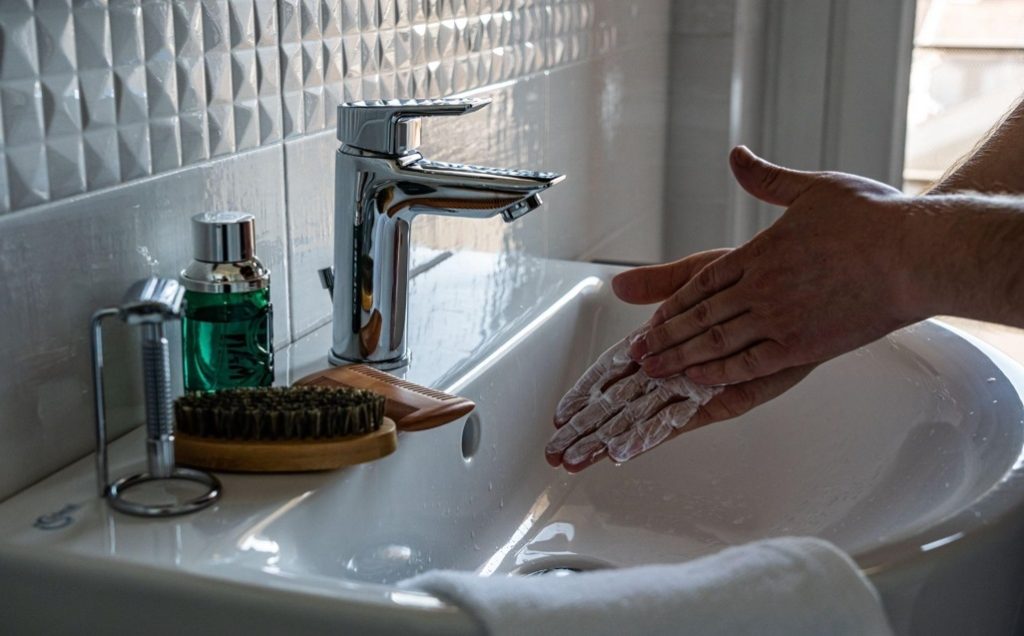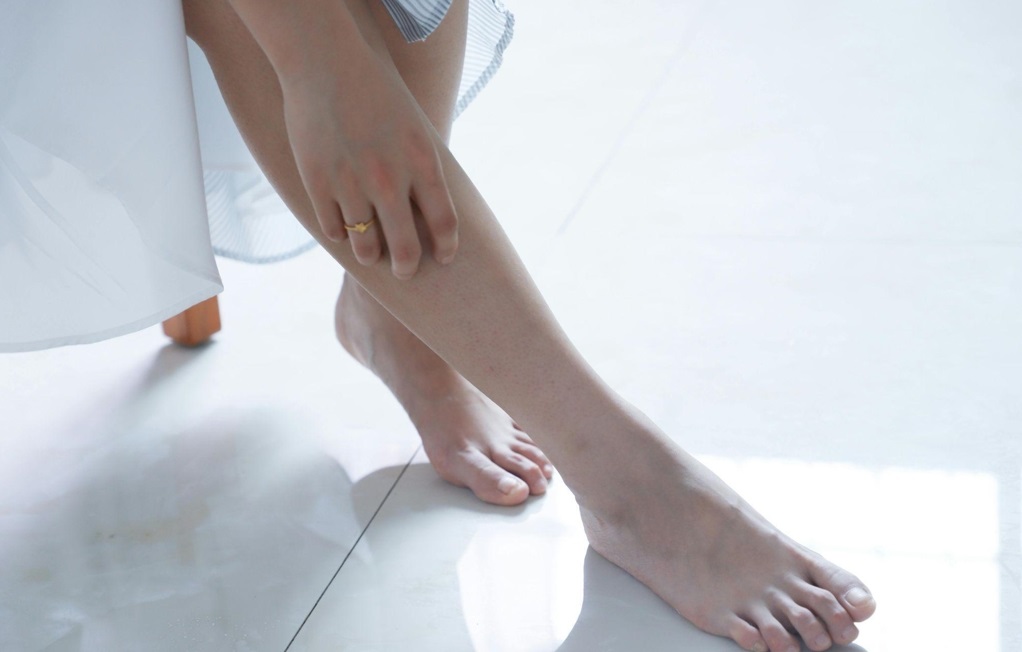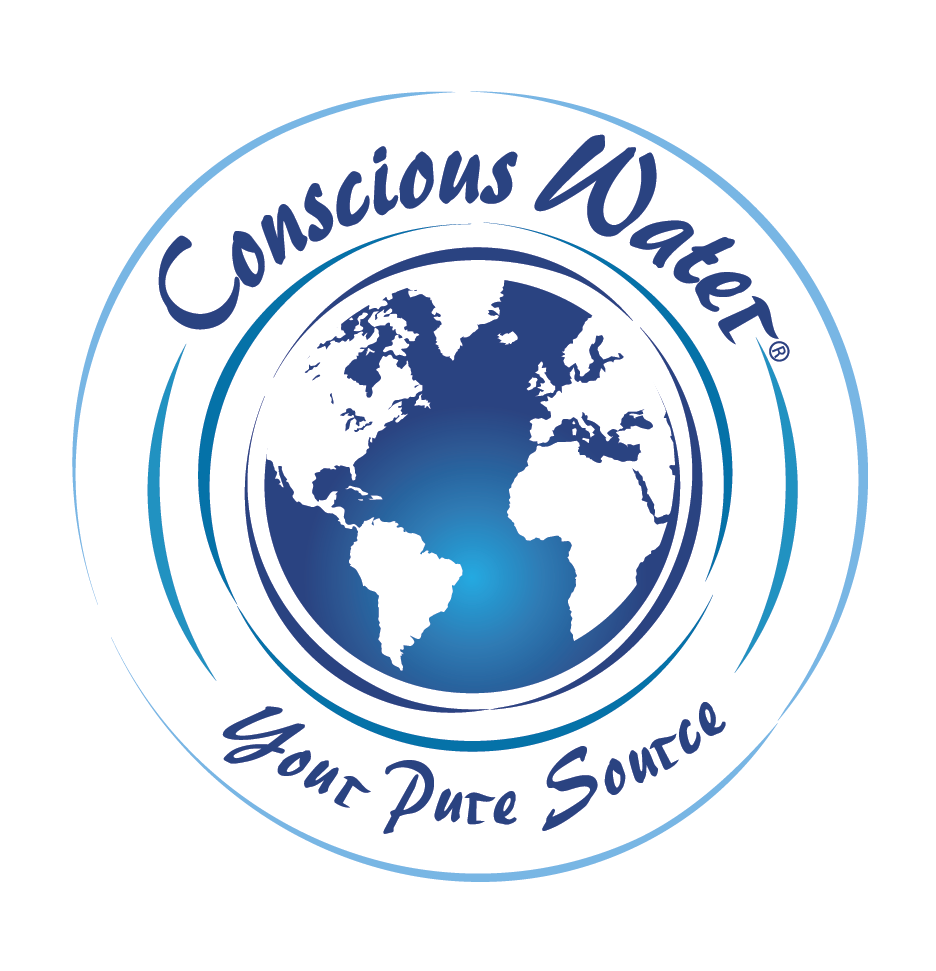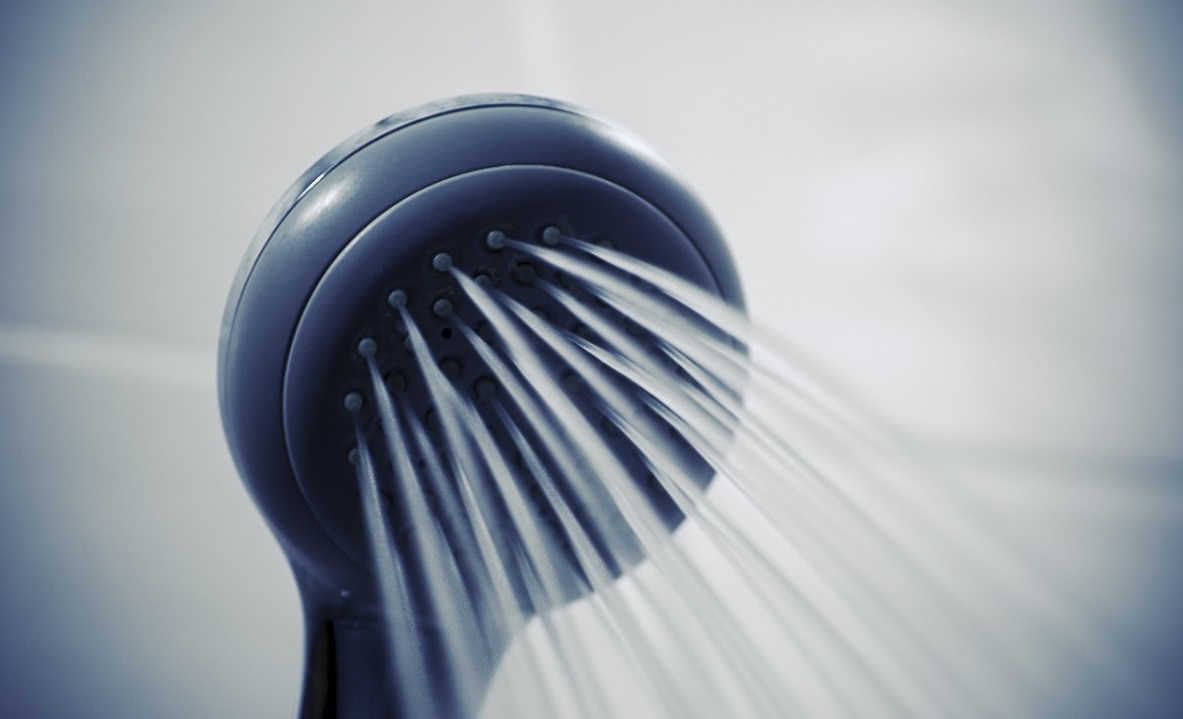Hard water can be an issue in any home. While it might not seem like a significant problem when it comes to owning a home, it can be. It affects the cleanliness and wear-and-tear on laundry, makes skin itchy and dry, causes buildup on faucets and dishes, shortens the lifespan of appliances, and affects how water feels and tastes.
What Is Hard Water?
Water hardness or softness is determined primarily by the amount of magnesium and calcium carbonate it contains. Higher levels cause water to be hard, while soft water tends to have a lot of sodium (salt).
Many people, especially when tap water is very hard, can feel when their water is hard. Often, hard water with dissolved minerals doesn’t feel as wet as soft water. You might also notice that when you add water-softening agents, the water feels softer – slightly thicker and more pleasing to move through.
How do you know you have hard water, and what can you do to alleviate the problem?
The good thing about hard water is that it’s a problem that’s easy to identify. You don’t need to wait for something to break or destroy your wardrobe to realize you have a problem.
What Are Five of the Most Common Signs of Hard Water?
1. Mineral Buildup on Faucets
One of the most obvious signs of hard water is the buildup it causes on faucets and drains. These objects are exposed due to water flow through your pipes. If your water is hard, it leaves white mineral deposits that crust over and are difficult to scrub away. Over time, these deposits build up and are easy to see.

To remove the deposits, you’ll need to clean your faucets and drains with calcium, lime, rust remover, or a cleaning product that is specifically designed to deal with hard water buildup, but the best option is to cure the problem by finding ways to soften your water at its source.
Water pressure is a good indication of whether or not you have hard water. It’s usually due to the mineral deposits that build up and block water flow. If you notice water pressure is off or has reduced over the time you’ve lived in your home, it could be due to hard water.
2. Your Skin Is Dry and Itchy
Hard water not only affects your home, but it also affects your body. Part of the reason is because hard water doesn’t rinse away soap as effectively as softened water. When soap scum builds up on your skin, it causes it to feel itchy and irritated. This is uncomfortable for anyone but can be a nightmare for those with sensitive skin.

Hard water also affects your hair. Since it’s challenging to rinse shampoo from your hair with hard water, you might notice your hair looking dull and lifeless.
You can combat some of the itchiness with skin brushing and lotion to moisturize, but if the problem is that you’re not getting thoroughly rinsed due to hard water, your best solution is to soften your water.
3. Stained Glasses
One of the most common telltale signs of hard water is the buildup on drinking glasses. You’ll notice cloudy spots or a film on your glassware if you have hard water. This is true whether you hand wash or use a dishwasher, although dishwashers tend to leave you with more visible buildup.
There are products you can add to the dishwasher to help reduce hard water stains, or you can wash everything and towel dry by hand, but your best bet is to improve your water quality.
4. Problems with Appliances
If your skin has grown used to hard water and you aren’t bothered by spotty glasses, you might not think hard water is a big deal. That is until you have to fix or replace a plumbing fixture or appliance long before you would otherwise.
The mineral deposits that build up from hard water block water supply lines and drainage lines. The mineral deposits can also build up in the appliances and affect functionality.
5. Constantly Scrubbing Soap Scum
Hard water means you’ll need to clean your shower and sinks more often – a lot more often. This is because it’s difficult for hard water to dissolve shampoo, soap, and detergent, so it builds up on your bath, shower, sink walls, and washing machine.
If you have a lot of scummy soap residue, especially on your porcelain surfaces, hard water is likely contributing to the problem. There are special cleaning products designed to help you deal with hard water, but again, the best solution is to deal with the root of the problem.
Do You Need a Hard Water Test?
If you still aren’t sure you have hard water or want something to confirm what you suspect based on the above symptoms, you can conduct a hard water test. This is the only way you’ll know for sure that your problem is hard water.
Consider conducting a hard water test if:
- There is a noticeable buildup on showers, sinks, etc.
- You and/or your family are dealing with dry or itchy skin.
- Your neighbours report problems with hard water.
- You notice spots on glasses and dishes.
- Faucet or spigot aerators clog easily.
- Shampoo and body soaps don’t suds up as you believe they should.
- Water pressure lacks power.
- Clothing and dishes aren’t getting clean.
Fixing the Problem with Hard Water
If you’re no longer interested in cleaning up the mess left behind by hard water or your skin can’t take it any longer, there are things you can do to fix the problem. One option is to install a water softener.
A more economical option is to use a Berkey water filtration system. While it is not a water softener, it can help reduce the hardness of your water and keep your drinking water tasting great.
We don’t recommend using a Berkey filter with a water softener as it can clog the filter and reduce its lifespan.
To shop Berkey water filters or to learn more about the best way to deal with hard water in your home, email or call for more information.


